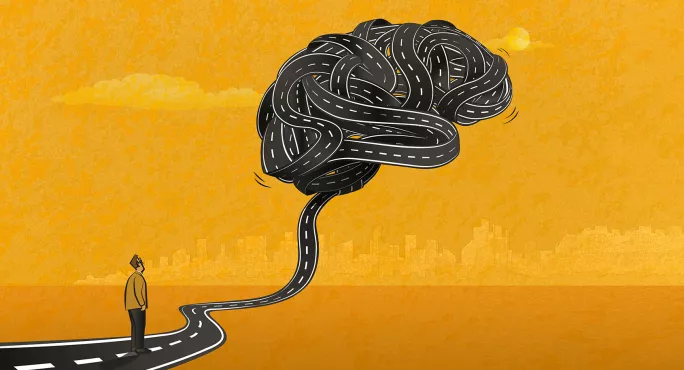Exams get underway in Scotland amid talk of ‘radical’ change

Scottish students begin sitting their exams this week as the Scottish Qualifications Authority (SQA) recently revealed this will be the final year of Covid modifications, which led - in many subjects - to coursework being pared back or stripped out to make more time for learning and teaching.
The downside is that this year’s final grades will be more dependent upon how students perform in the exams they will sit over the coming days. Before the pandemic, the only Highers with no coursework element were maths, Latin and philosophy, but that changed when the pandemic hit and the SQA made temporary changes to course assessment to reduce pupil and teacher workload.
The SQA has confirmed that next year it will be back to business as usual for most courses, meaning a return to full assessment. So pupils talking and listening skills will once again be assessed as part of Higher English and in Higher chemistry the assignment, which is worth 20 per cent of the final mark and involves pupils having to investigate a topic, carry out experiments and write a report, will be making a comeback.
- Background: Covid modifications to end next year for ‘most’ SQA qualifications
- Related: Hayward review calls for end to exams three years in a row
- From the archive: Exams in practical subjects ‘punish the disadvantaged’
In future, these kinds of tasks could become more commonplace as the way courses are assessed shifts to reflect “a more appropriate balance between evidence gathered from exams and from assessments undertaken in schools and colleges” - as expressed in the interim report of the independent review of qualifications and assessment, which was published in March.
But there has been an outcry from some teachers that SQA has made the call that it is time to revert to the old, pre-pandemic system of assessment.
Iain Aitken, president of the Scottish Association of Geography Teachers, described the return to pre-Covid arrangements of assignments and greater coursework for SQA candidates as a “truly outrageous and awful decision”, which puts SQA “systems and procedures before the welfare of learners and teachers”.
What this points to once again is just how careful the Scottish government will have to be when it comes to making sure that any future system of assessment is manageable, both for pupils and for staff.
A move to a system that has more of a focus on teacher assessment and continuous assessment - be that through observation, project-based work, essays or oral presentations - will have to provide the kind of class sizes and teacher preparation time that make it possible to take on those extra responsibilities.
The danger is that, without careful planning, the stress generated by external exams could be compounded by a system that simply puts pressure on pupils and staff all year round.
However, instinctively it seems incongruous in the modern era that over the coming weeks 130,000 candidates will traipse into exam halls in over 500 schools, colleges and training providers, where they will sit for hours answering more than two million question papers mainly using pen and paper.
In particular that this aspect of assessment - the written exam paper - is set to return for students taking subjects like practical woodworking and metalworking next year will stick in the craw of many educators who believe exams in these subjects make it harder for some students to get the grades they deserve.
The SQA says that it has kept some aspects of the modifications put in place in response to the pandemic because feedback from schools and colleges suggested the changes had “worked well” and “had a positive impact on the course” - so why not permanently remove exams in practical subjects? It seems to be stretching the bounds of credulity to suggest the feedback from teachers made no mention of this.
Removing written papers in practical subjects would also have been a nod towards the early findings of the qualifications and assessment review team given that they, too, raised the need to focus on gathering evidence that allows learners to demonstrate “what is really important in that subject”.
This morning, education secretary Jenny Gilruth - while being interviewed on BBC Radio Scotland - described the review’s interim report as setting out “ambitious and radical change”. She said that, in the future, assessment “may look radically different”.
But when even baby steps towards a fairer way of assessing students are eschewed, it sparks this question: how on earth is the system going to get there?
Emma Seith is senior reporter at Tes Scotland. She tweets @Emma_Seith
You need a Tes subscription to read this article
Subscribe now to read this article and get other subscriber-only content:
- Unlimited access to all Tes magazine content
- Exclusive subscriber-only stories
- Award-winning email newsletters
Already a subscriber? Log in
You need a subscription to read this article
Subscribe now to read this article and get other subscriber-only content, including:
- Unlimited access to all Tes magazine content
- Exclusive subscriber-only stories
- Award-winning email newsletters
topics in this article



